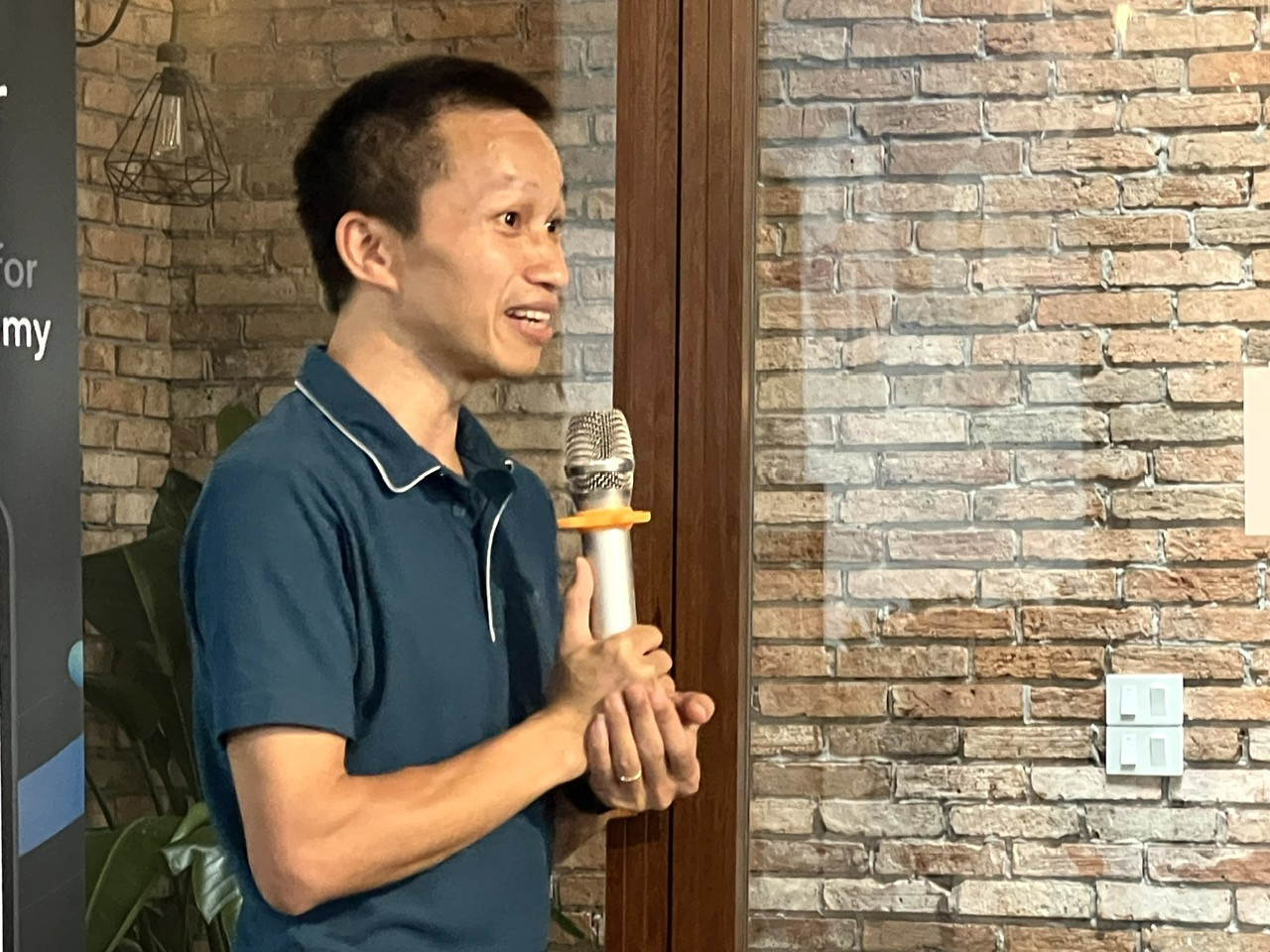
“We once had a team of 10 people targeting the European market for 6 months, engaging with customers in Switzerland, Sweden, and Ukraine. On average, we held about 20 meetings per week, but only 3 out of every 10 meetings met customer requirements. After 6 months, we secured just one customer.
The biggest challenge in the European market is that our business's capacity did not meet their requirements. Consequently, we had to return to the Asian market,” a representative of a Vietnamese software company shared at a recent event organized by the Vietnam Association of Software and Information Technology Services (VINASA).
“How to spend fewer resources but sustain a longer journey, avoiding burnout after a short period” is the common goal for many Vietnamese software enterprises looking to conquer the European market.
A market with great potential waiting to be exploited
“During my recent business trip to Europe, I met with over 200 partners. Ninety percent of them were aware of the Vietnamese information technology industry and the global trend of shifting technology and industrial investments to Vietnam. This recognition is a new advantage for Vietnamese technology enterprises. However, the number of Vietnamese enterprises participating in the European market remains very small,” said Mr. An Ngoc Thao, Deputy General Secretary of VINASA.
Mr. Thao provided data showing the potential of the European market: In 2019, about 13.8 billion USD was spent on outsourcing information technology services. A recent report from Gartner indicated that this figure rose to 22.8 billion USD by 2022, with an annual growth rate of 12%.

Previously, the European market tended to outsource software to neighboring countries such as Poland, Ukraine, Russia, Romania, Belgium, the Netherlands, and Luxembourg. However, competitors from these countries do not have the same price advantage as Vietnamese enterprises.
"Last year, Polish enterprises sent about 3-4 delegations to VINASA to explore opportunities in Vietnam for software outsourcing orders," Mr. Thao said.
According to VINASA's representative, accessing the European market presents many challenges. Vietnamese businesses need to improve their ability to communicate in European languages and ensure consistent product/service quality according to initial commitments.
Positively, Vietnamese businesses have an advantage in terms of price, human resources, and government support for software outsourcing/IT services.
Mr. Tran Dang Phuoc, Senior Customer Relations Director of SGH, shared: “Germany and Switzerland used to outsource to Polish companies. Due to high costs, they switched to India and Pakistan, but the quality was not guaranteed, so they started outsourcing to Vietnam. Recently, a German technology company outsourced a large contract to a Vietnamese company, and a Swiss financial institution cooperated with a Vietnamese enterprise.”
The high inflation situation has led some European countries, such as Germany and France, to encourage people to work beyond 50-60 years old. When they cannot meet labor requirements, they outsource to Vietnam.
Mr. Phuoc highlighted specific opportunities for Vietnamese businesses. He noted that some European countries still use paper invoices, but new regulations will mandate electronic invoices by 2025. Vietnamese businesses specializing in electronic invoice products/services have a significant opportunity to enter the European market.
Additionally, Spain, strong in tourism but not in IT, presents an opportunity for Vietnamese software businesses to provide tourism management platforms. The outdated IT systems of state agencies in some European countries also offer opportunities for Vietnamese technology businesses.
Cultural challenges and solutions

Mr. Tran Dang Phuoc, with extensive experience in the European market, noted cultural differences that Vietnamese businesses might find challenging. Establishing contracts with European customers can take 6 months to a year. European companies plan well in advance, and appointments can take months to schedule.
European working hours are strictly divided, and contacting employees after working hours is discouraged. European customers prefer specific numbers, information, and evidence, and value direct communication.
To succeed in the European market, Vietnamese businesses should hire native speakers for effective communication.
“Europe, the US, Korea, and Taiwan (China) are markets we hope Vietnamese businesses can conquer in the next 5-10 years, similar to the Japanese market. We are implementing various support activities to help Vietnamese software businesses succeed in these new markets,” said VINASA Deputy General Secretary An Ngoc Thao.
Key technology trends in the European market:
- Cybersecurity and data protection
- Artificial Intelligence (AI)
- Robotic Process Automation (RPA)
- Cloud Computing
- Internet of Things (IoT)
- Green and sustainable technology
Binh Minh